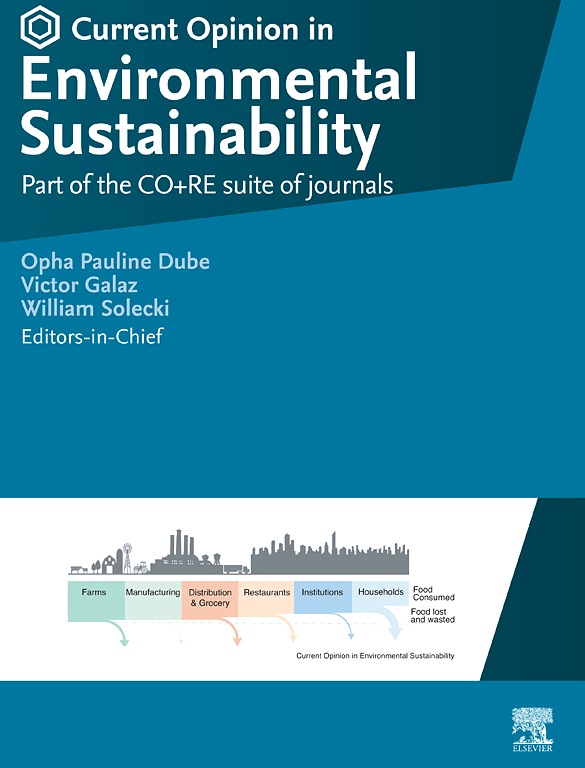Forest Law Enforcement, Governance, and Trade agreements between the EU and countries that grow tropical timber aim to complement, alter, or generate new regulatory mechanisms that ensure the legality of timber products. These regulatory changes affect pre-existing policies and practices within timber production networks. The Indonesian-EU Voluntary Partnership Agreement was signed in 2013, and legality verification is scheduled to become mandatory for all smallholders by the end of 2017. Using grower surveys conducted in the Jepara regency of Central Java (n = 204), we generate information on who Jepara smallholders are, what timber species they are growing, and how programs that provide free and discounted seedlings contribute to STP. We use these data to understand how STP operates and how Sistem Verifikasi Legalitas Kayu (SVLK), the Indonesian method for timber legality verification, will affect STP networks and producers. We find that resource provision and oversight of source documentation increase formalization within STP. Our discussion details four policy-relevant insights for promoting STP amid continued formalization.
DOI:
https://doi.org/10.1007/s10457-016-0037-6
Dimensions Nombre de citations:



















